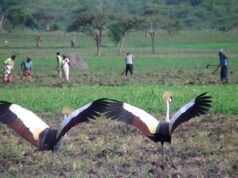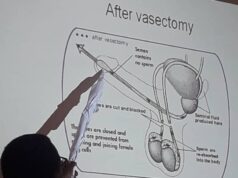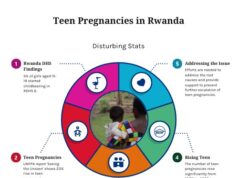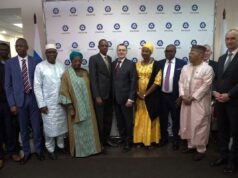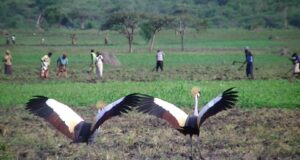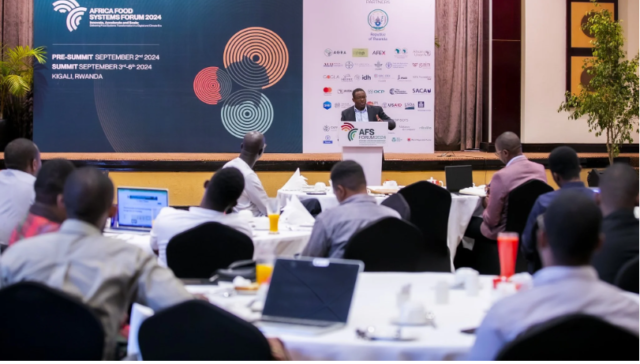
As Rwanda gears up to host the eagerly anticipated Africa Food Systems Forum (AFS) in Kigali from September 2 to 6, 2024, a transformative vision is emerging: in the next five years, over 130,000 young Rwandans could find sustainable livelihoods through agriculture. This ambitious goal is rooted in a strategic collaboration between the Rwandan government and the Alliance for a Green Revolution in Africa (AGRA).
Traditionally, Rwandan agriculture focused on subsistence farming aimed at feeding the local population. However, with changing market dynamics and a growing emphasis on export potential, there is a robust push towards cultivating high-demand cash crops. According to Jean Paul Ndagijimana, an AGRA representative, the initiative encompasses a shift from producing for survival to producing for profit. “We are entering a new era where we see agriculture as a business. Increased investments in lucrative crops like avocados, peppers, and poultry are set to revolutionize the sector.”
AGRA’s commitment is commendable planning to inject a staggering 50million(nearly50billionRwandanfrancs) directly into Rwandan agriculture.
When combined with contributions from various partners and the government, the fore casted total investment could reach 50 million (nearly 50 billion Rwandan francs) directly into Rwandan agriculture. When combined with other contributors from various partners the total investment could reach 300 million (about 300 billion Rwandan francs). Such financial backing underscores the potential for agricultural growth, which could ultimately yield a billion dollars in investments over the next five years.
Ndagijimana further highlights the existing opportunities that this new agricultural landscape presents: “We have a young population eager to learn and innovate. By providing seeds, fertilizers, and insurance, we’re enabling farmers to scale up from small plots into larger enterprises. The more they produce, the more they earn.”
The initiative is particularly focused on empowering marginalised groups, including women and people with disabilities. Strategy sessions will incorporate training on cooperative farming, allowing small-scale farmers to collaborate, share resources, and maximize productivity. “We are allocating seeds valued at a billion Rwandan francs to bolster these efforts. Collective action can lead to substantial change,” Ndagijimana explains.
Amath Pathe Sene, Director-General of the AFS, expressed excitement about the forum’s potential to catalyze significant agricultural shifts. “This year’s conference is pivotal. We are prioritizing youth and women, as they hold the keys to innovative agricultural practices. The forum will be a platform for them to showcase their talents and entrepreneurial spirit,” he stated.
The Permanent Secretary of the Ministry of Agriculture and Animal Resources (MINAGRI), Olivier Kamana, echoed these sentiments, asserting the importance of connections that the forum could facilitate between Rwandan farmers and international investors. “We envision this meeting as a bridge for ideas and investment. Young people with innovative projects will have the chance to engage directly with potential funders, propelling Rwanda into a new agricultural age,” Kamana noted.
Set against the backdrop of Rwanda’s steady economic growth and a burgeoning youth population, the Africa Food Systems Forum is expected to draw over 5,000 participants from around the globe, including researchers, policymakers, and agricultural stakeholders. This pivotal gathering not only symbolizes a commitment to sustainable agricultural practices but also reflects a shared vision of empowerment, collaboration, and innovation—a vision poised to redefine the agricultural landscape of Rwanda for generations to come.

